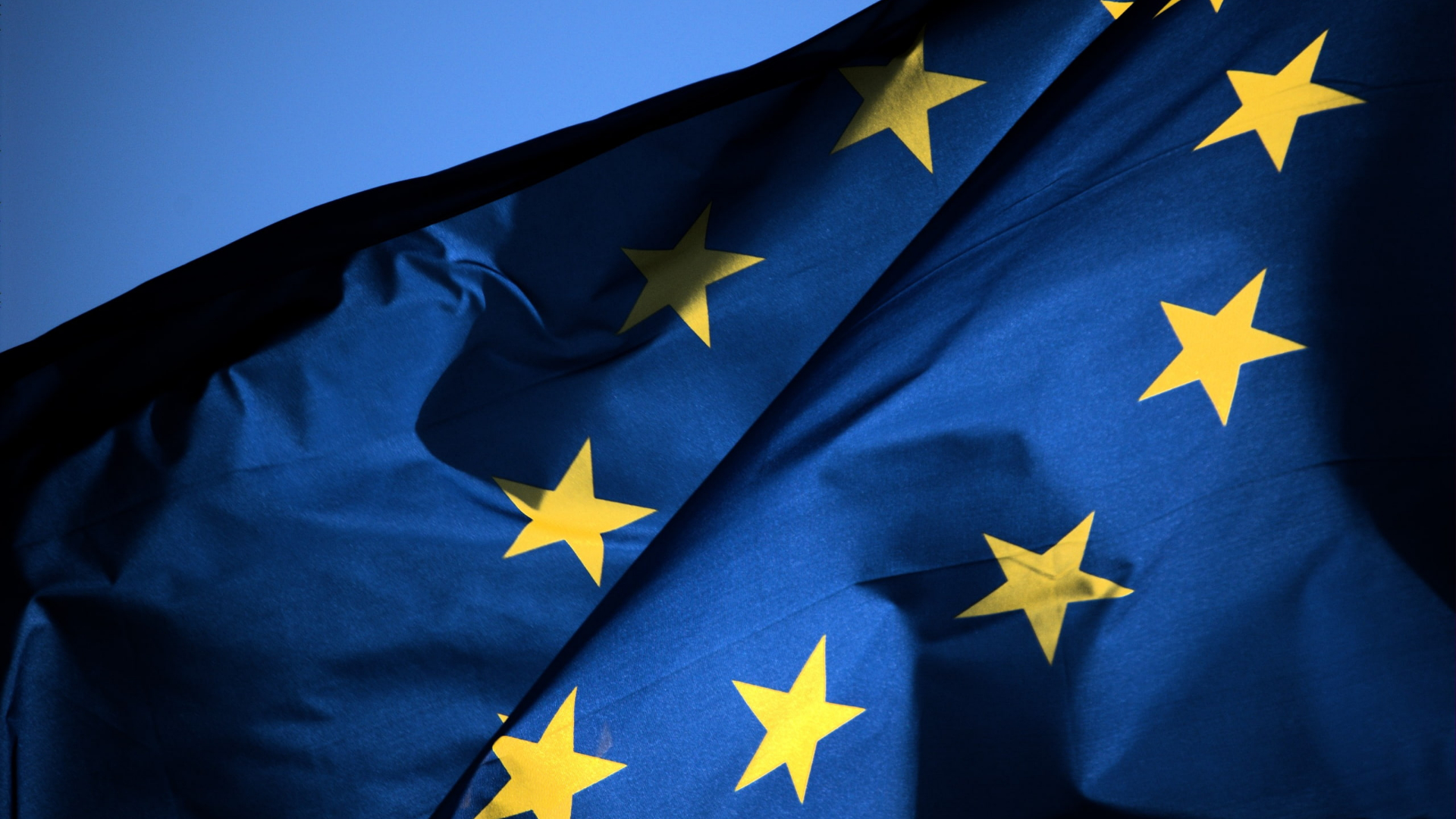
Publication
Generative AI: A global guide to key IP considerations
Artificial intelligence (AI) raises many intellectual property (IP) issues.


United Kingdom | Publication | 五月 2020
On April 29, 2020, the European Commissioner for Justice, Didier Reynders, announced that the European Union plans to develop a legislative proposal by 2021 requiring businesses to carry out due diligence in relation to the potential human rights and environmental impacts of their operations and supply chains. He further indicated that the draft law, once developed, is likely to be cross-sectoral and provide for sanctions in the event of non-compliance.
This announcement from the European Commission (EC) comes in the same month as a call by 101 institutional investors representing over US$4trn in assets under management for governments to introduce mandatory human rights due diligence laws[1], and follows the publication of a wide-reaching study commissioned by the EC examining due diligence requirements through the supply chain.[2]
The study, prepared for the EC by a research group led by the British Institute of International and Comparative Law, focused on due diligence requirements on businesses to identify, prevent, mitigate and account for abuses of human rights (including the rights of the child and fundamental freedoms, serious bodily injury or health risks, environmental damage and the climate).
As is acknowledged by the study, the description of human rights due diligence as a concept which first requires the proactive identification by businesses of their actual or potential human rights impacts (before these impacts can be prioritised for mitigation based on their severity) draws on fundamental concepts underpinning key international frameworks, including the UN Guiding Principles on Business and Human Rights and the OECD Guidelines for Multinational Enterprises.
The final report submitted by the research group to the EC earlier this year runs to several hundred pages, and evaluates four regulatory options available at the EU level in terms of human rights due diligence:
The conclusions of the study are based on an examination of market practices on due diligence, including a survey of over 630 participants, including 334 “business” respondents, and an analysis of the regulatory framework for due diligence for human rights and environmental impacts in the EU and twelve selected EU member states, relying on country reports prepared by legal experts in each jurisdiction. Norton Rose Fulbright was delighted to be involved in this aspect of the project.*
Reflecting the views of a majority of the survey respondents, the study ultimately concludes that the introduction of mandatory due diligence requirements would yield the greatest positive impact in terms of reducing the adverse human rights impacts of businesses and their supply chains. A key emphasis of the study’s findings was that any new law ought to be cross-sectoral and applicable to all businesses, regardless of their size. Based on the Commissioner for Justice’s comments, it would appear the EC is inclined to follow these findings in the development of a new law.
Crucially, the “mandatory due diligence requirement” option considered by the study would involve a legal mechanism which imposes a “legal standard of care”, meaning due diligence carried out by a business would need to be objectively sufficient in order to discharge its duty. In other words, the proposal is for an “outcomes based”, rather than a procedural or “tick-box”, approach. No liability would be imposed where the business can show it undertook reasonable due diligence. Much will depend, of course, on how any new law is ultimately drafted and the degree to which compliance is actively monitored and enforced, but it is clear this development will require businesses to reinforce their compliance programmes and apply greater focus on these areas, including in the context of supply chain and other business relationships, M&A and financing arrangements.
As readers will be aware, the UK left the EU on January 31, 2020 (Brexit). The UK remains subject to EU law during the transition period, which is currently scheduled to end on December 31, 2020, though there is the possibility of an extension. It is currently unclear whether any new EU-wide human rights due diligence law would apply in the UK, as the expected legislation is only expected to be introduced by the EU in 2021. As things currently stand, and in the absence of any agreement between the EU and the UK, the UK would not be subject to the new law. Depending on the outcome of negotiations on the future UK-EU relationship, the UK could accept the obligation to apply the new legislation in the UK after the end of the transition period and if it does not, the UK is likely to face calls to pass similar legislation of its own. Indeed, a coalition of UK-based NGOs has already prepared a draft UK human rights due diligence bill to facilitate their lobbying efforts.
* Stuart Neely, a senior associate in Norton Rose Fulbright’s London office, was commissioned as the author of the UK country report, which comprises a part of the final report submitted to the European Commission. The report addresses due diligence requirements in various areas of UK law, including human rights including modern slavery, financial crime, health and safety, data protection and the environment. The UK country report is cited extensively in the study’s overall findings.

Publication
Artificial intelligence (AI) raises many intellectual property (IP) issues.
Publication
We are delighted to announce that Al Hounsell, Director of Strategic Innovation & Legal Design based in our Toronto office, has been named 'Innovative Leader of the Year' at the International Legal Technology Association (ILTA) Awards.
Publication
After a lacklustre finish to 2022 when compared to the vintage year for M&A that was 2021, dealmakers expected 2023 to see the market continue to cool in most sectors, in response to the economic headwinds of rising inflation (with its corresponding impact on financing costs), declining market valuations, tightening regulatory scrutiny and increasing geopolitical tensions.
Subscribe and stay up to date with the latest legal news, information and events . . .
© Norton Rose Fulbright LLP 2023